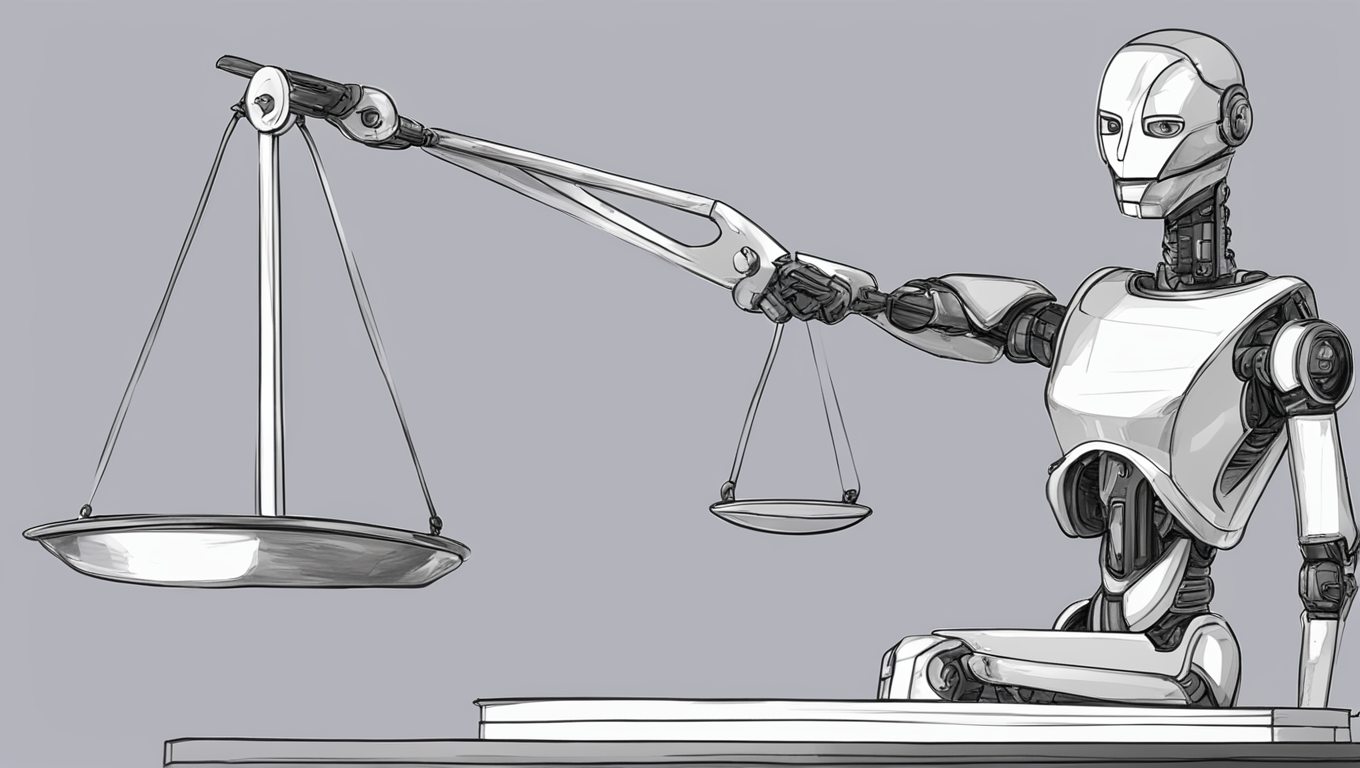In a press release on Tuesday, the Ministry of Economic Affairs and Employment announced that the working group responsible for implementing the EU’s Artificial Intelligence Regulation has begun its work. This regulation aims to ensure that AI systems introduced in the EU do not pose risks to human health, safety, or fundamental rights. The regulation will classify AI systems based on the level of risk they present, with systems that pose an unacceptable risk being banned and high-risk systems subject to stricter requirements. The working group’s primary task is to evaluate the national legislation required for implementing the regulation and to prepare a legislative proposal for its national implementation.
One significant aspect of the regulation is the establishment of test environments, also known as sandboxes, for regulating AI systems. These sandboxes will provide a controlled environment for developing and testing AI technologies, allowing for the evaluation of their impact and the identification of potential risks. This demonstrates the proactive approach of the EU in ensuring the safety and effectiveness of AI systems.
The working group consists of representatives from relevant ministries and is chaired by Sami Kivivasara, the Director of Legislative Affairs at the Ministry of Economic Affairs and Employment. Their term is set from April 29, 2024, to June 30, 2026. The regulation is expected to come into effect in June or July 2024, and it will be implemented in stages with different deadlines for member states.
It is crucial to note that the regulation emphasizes the protection of fundamental rights and the designation of competent authorities to oversee AI systems. Within three months of the regulation’s entry into force, member states must designate authorities responsible for protecting fundamental rights. Additionally, they have 12 months to designate competent authorities. These measures aim to ensure that AI systems operate in a manner that upholds the principles of fairness, transparency, and respect for human dignity.
The need for AI regulations has been recognized globally, with various countries and regions taking steps to mitigate potential risks associated with AI systems. The EU’s approach, as outlined by the new regulation, is focused on striking a balance between fostering innovation and safeguarding the well-being of individuals and society as a whole.
Industry experts have noted the significance of this regulation in shaping the future of AI. Marina Manni, CEO of an AI technology company, commented, “The EU’s emphasis on risk-based classification and the establishment of sandboxes shows their commitment to responsible AI development. This regulation has the potential to set a global standard and encourage the responsible use of AI technologies.”
As the working group begins its work, it marks a significant step forward in the journey towards AI regulation in the EU. It is an important development that not only showcases the commitment of the EU to ensuring the safe and ethical use of AI but also sets the stage for other countries and regions to follow suit.
With the implementation of the AI regulation, the EU is taking a proactive stance in addressing the potential risks and challenges that come with advancing technologies. By prioritizing safety, fundamental rights, and the establishment of regulatory frameworks, the EU is paving the way for a future where AI can be harnessed for the benefit of all.





Use the share button below if you liked it.